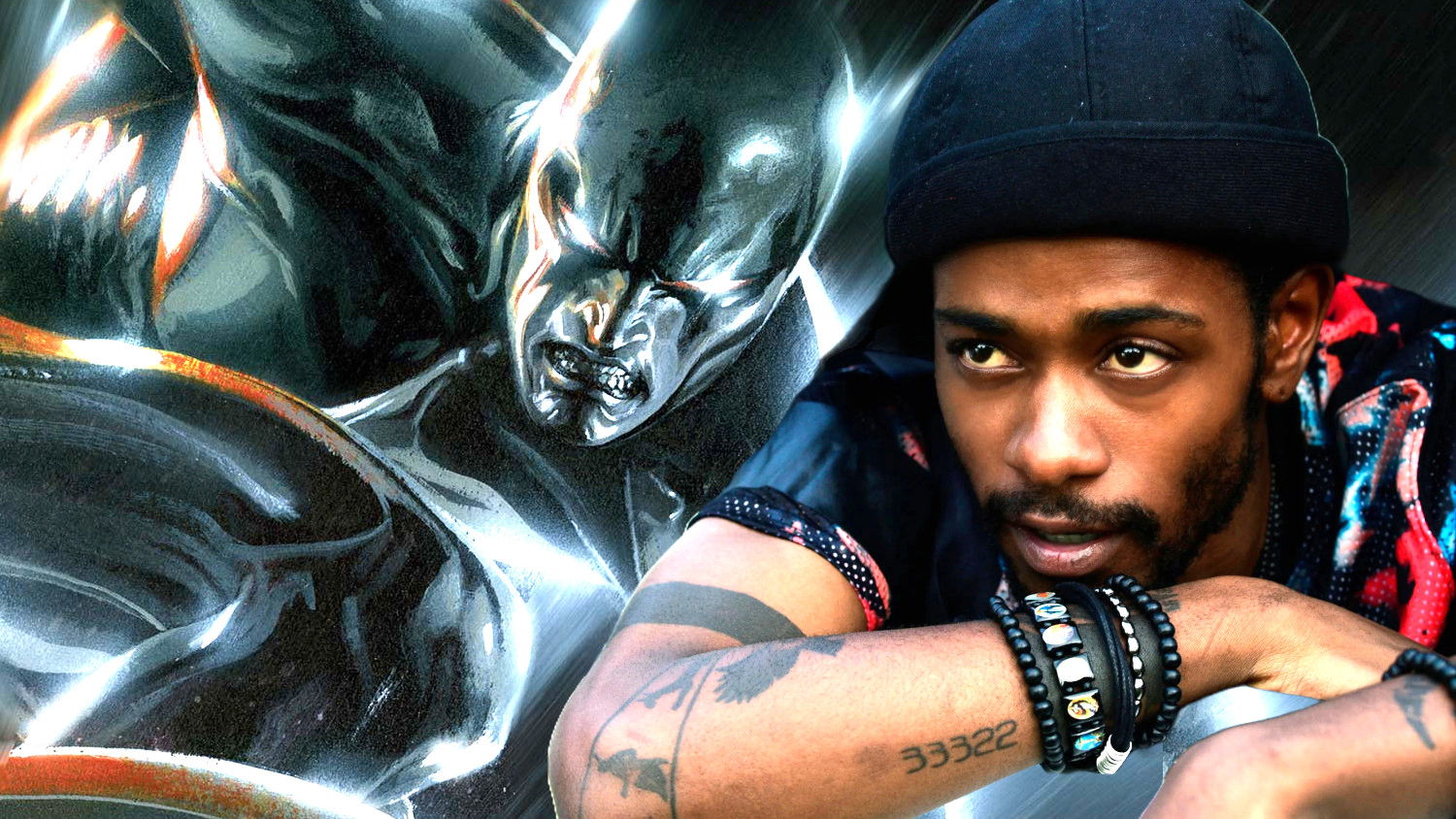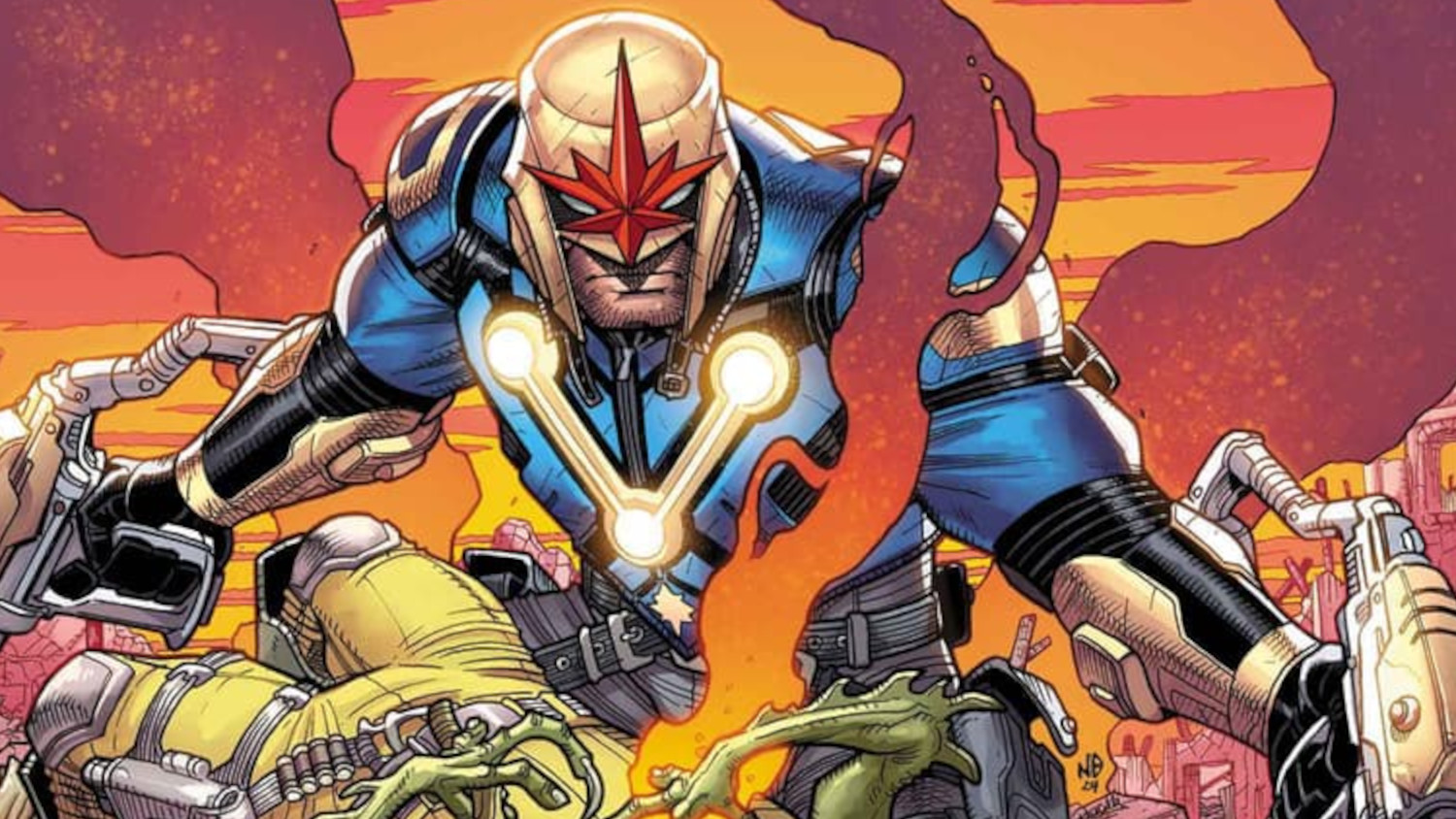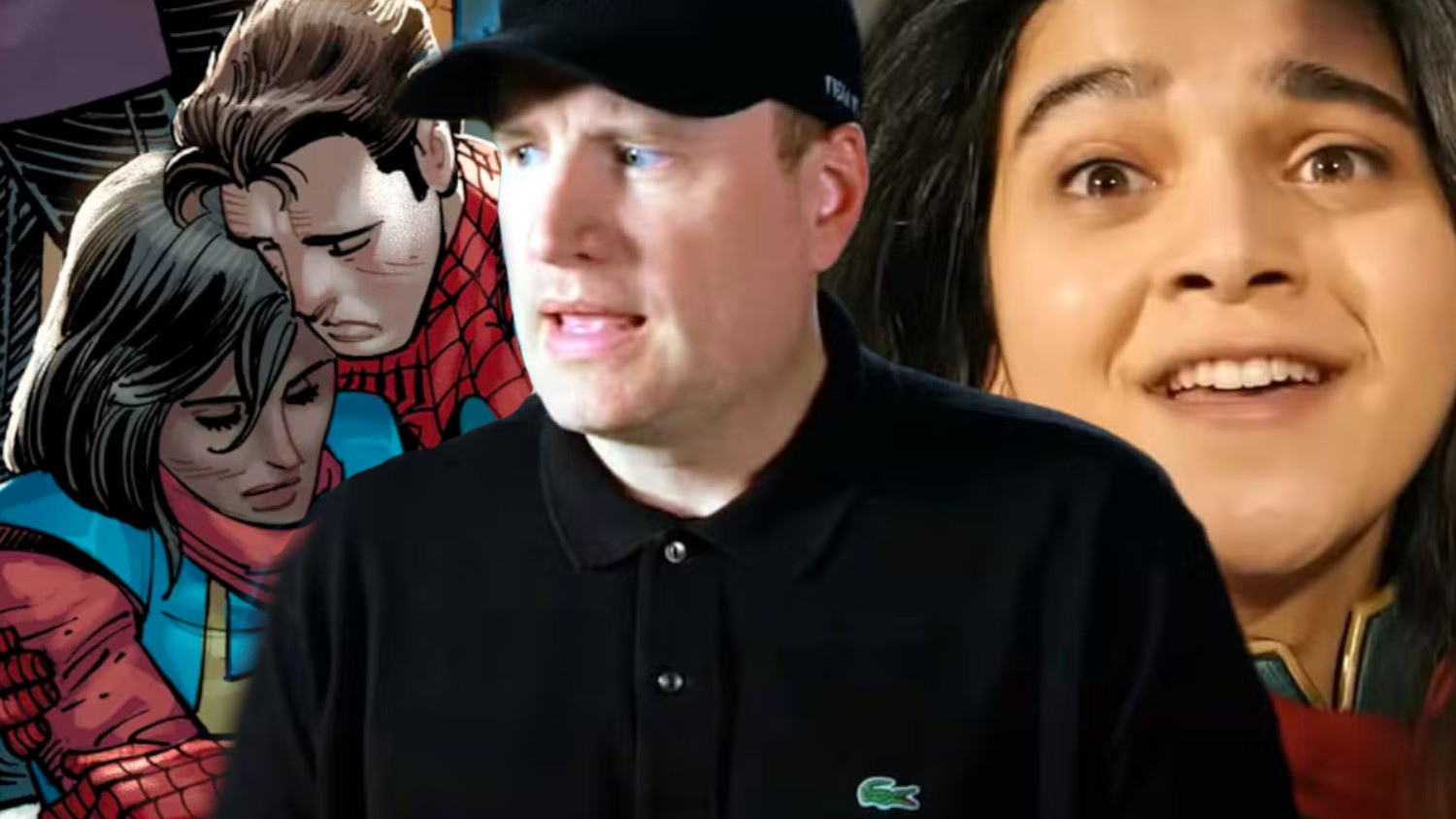When the Blair Witch Meets Akira
A Film Review of Chronicle
By: Lawrence Napoli
[[wysiwyg_imageupload:594:]]Chronicle is the most realistic depiction of every nerd’s, comic book fan’s, sci-fi aficionado’s and disenfranchised youth’s unadulterated wet dream come true. Kudos to this film’s trailers for doing exactly what they should: get the idea of the film across without spoiling the story and without deceiving a potential member of the audience into expecting more than what the film actually delivers (the calling card of the majority of film trailers). A very small part of me is disappointed that this film comes up short in the “surprise” department, but what it lacks in twists makes up for in impressively effective visual effects reminiscent of Paranormal Activity as opposed to the over the top plasticity of Star Wars. The estimated budget of $12 million dollars seems far too low for what the overall visual style of Chronicle delivers. It goes to show you what even off the shelf software is capable of in the hands of a talented CG artist, but without some dedication to story, even the prettiest movies fail in the eyes of the audience (thank you Skyline). I will not sit here and tell you that this is the best “superpower” fiction ever written, because the story has some glaring deficiencies, but the plot is simplified and layered with some very relatable human drama that is generated from the desire for acceptance in high school (and really, for the rest of our human lives). I found this film to be entertaining and thought provoking in that it asks the age old question as to why human beings treat one another like garbage. When you really think about it, answering this question seems like it could unlock the true potential of our species because when we aren’t murdering each other, we happen to accomplish some incredible feats of good when we work together. Food for thought.
Chronicle, although being a story primarily concerned with what could happen if teenage Americans got superpowers, is really a story about how young people are products of their environments and how not everyone comes from a happy, nuclear household in the ”˜burbs. Without guidance and education, the ignorant are left to their own devices and more often than not, they make some very bad choices. Yeah, yeah, we’ve all heard, seen and felt this before through countless movies and TV shows as well as real life tragedies such as Columbine and the Blacksburg massacre. Chronicle is most interested in addressing the negativity that results from broken homes and bullying, two things I personally despise and identify as culprits for manufacturing some of the worst human beings in history. The story is written in a very personal way by co-writers Max Landis (son of director John Landis) and director Josh Trank. If one is still cognizant of the heaven or hell that high school was for you, instant relatability shouldn’t be a problem. The one big problem, however, is the fact that the only real character development that the audience is privy to is of the main protagonist/antagonist Andrew because it is his video camera that is “chronicling” the amazing things that happen to him and his friends when they encounter something clearly not of this Earth. Other perspectives simply do not flesh out any other character in this film, which is a real tragedy because Andrew’s hard luck tale is vintage villainy to be contrasted with. Magneto never decided to be “evil” on a whim. There were very real and personal reasons to explain his behavior, and it is only by contrasting an origin like this with another perspective (say, Charles Xavier) that one can find any appreciation for the difference between “good” and “evil.” Budget limitations aside, this kind of movie needs better character development and unfortunately, the “found footage” or documentary style narratives have been (for the most part) completely unsuccessful at communicating this to an audience.
And speaking of that filmmaking style, I wonder if director Josh Trank made the right choice in using it in the first place. The benefits are quite obvious: the documentary style enhances the realism of every visual effect, it’s much easier to set up shots and light scenes and (most importantly) it’s very economical. The drawbacks are that it limits the perspectives of the story, imagery only progresses in a series of jump cuts that may or may not lose an audience and not everybody likes watching the jarring motion of hand held camera work all the time (although Chronicle features much smoother camera motion as a result of a very clever plot device). Perhaps if this style of filmmaking weren’t so overexposed with a more impressive pedigree to reference, I would say that it’s a major part of what makes this film unique, but I really don’t feel Chronicle gains much from it. Yes, the sky sequences are quite fun and the final confrontation is epic in scale, but a traditional narrative style could have vaulted these moments into the upper stratosphere (pun intended). Much of the actual action during these sequences is masked by Andrew’s single camera or by several fixed cameras of varying sources throughout the city. Instead of selecting one style over another, perhaps a blend would have served this film better in order to maximize the most exciting action sequences. Still, when the boys get to using their powers, enough gets showcased to please the eyes and wow the mind.
There were a lot of actors used for this film (especially extras), but there’s only one performance worth analyzing, and that is by Dane DeHaan who plays the hero/villain Andrew. Dane is still breaking into the Hollywood scene, but he’s already showing the makings of a very intense actor. Any fans of the HBO series In Treatment season three know Dane by his impressive performance as Jesse and all of that pent up hostility, insecurity and rage carries over to his performance in Chronicle. Having a relatively skinny and unimposing physical presence makes him a perfect choice for the prototypical high school dweeb, but when his character is called upon to elevate his status, all of that strength is conveyed through the young man’s rather intimidating face. However, the power of his unbridled anger is bested only by his ability to express profound sadness for being a social outcast at school, not having any real friends, having an abusive father and having a mother that is deathly ill. It is this aspect of Dane’s performance that is most impressive, and is perhaps the only reason why anyone in the audience would have sympathy for this kind of character and any emotional investment in the movie at all. Towards the end of the film the Andrew character practically disappeared to me, and I started seeing Tetsuo wreaking havoc like he once did in down town Neo Tokyo in Akira. Dane DeHaan is definitely a young actor to keep your eyes on in the coming years of Hollywood filmmaking.
Chronicle is a great deal of fun if you have ever been the target of being bullied because an awful lot of knuckleheads get what’s coming to them and I can’t lie, it’s quite satisfying to see. DeHaan’s performance is soon to be the universal image of nerd rage around the world, but I wonder if a PG-13 rating is a little too light considering the point I’m about to make. Bullying is still a significant problem in raising America’s youth, but our culture’s continued acceptance of all things graphically violent combined with a little internet research does not provide our kids with the proper tools in handling the situation. As tragic as Columbine was, the young haven’t quite gotten the message that it wasn’t something to aspire to considering all of the “near Columbine” events that have been thwarted by the combined efforts of teachers, concerned students and law enforcement across this country. We’re still not addressing the problem at the source, namely, why young people get so negatively charged that they would think about vigilante vengeance so seriously that they rationalize it as an appropriate response. Even the best school facilities, caring teachers and mentor programs pale in comparison to some good old fashioned love and guidance from a parent. Chronicle is not afraid to present this scenario for as plainly as it is and as easily as a younger person would come to such a ludicrous response. Therein lies the most thought provoking aspect of this film, and that alone makes this a more than worthwhile experience. Oh, and their super powers are totally cool!
![[page_title]](https://cosmicbook.news/wp-content/uploads/2022/08/cosmic-book-news-default-featured-image.webp)



